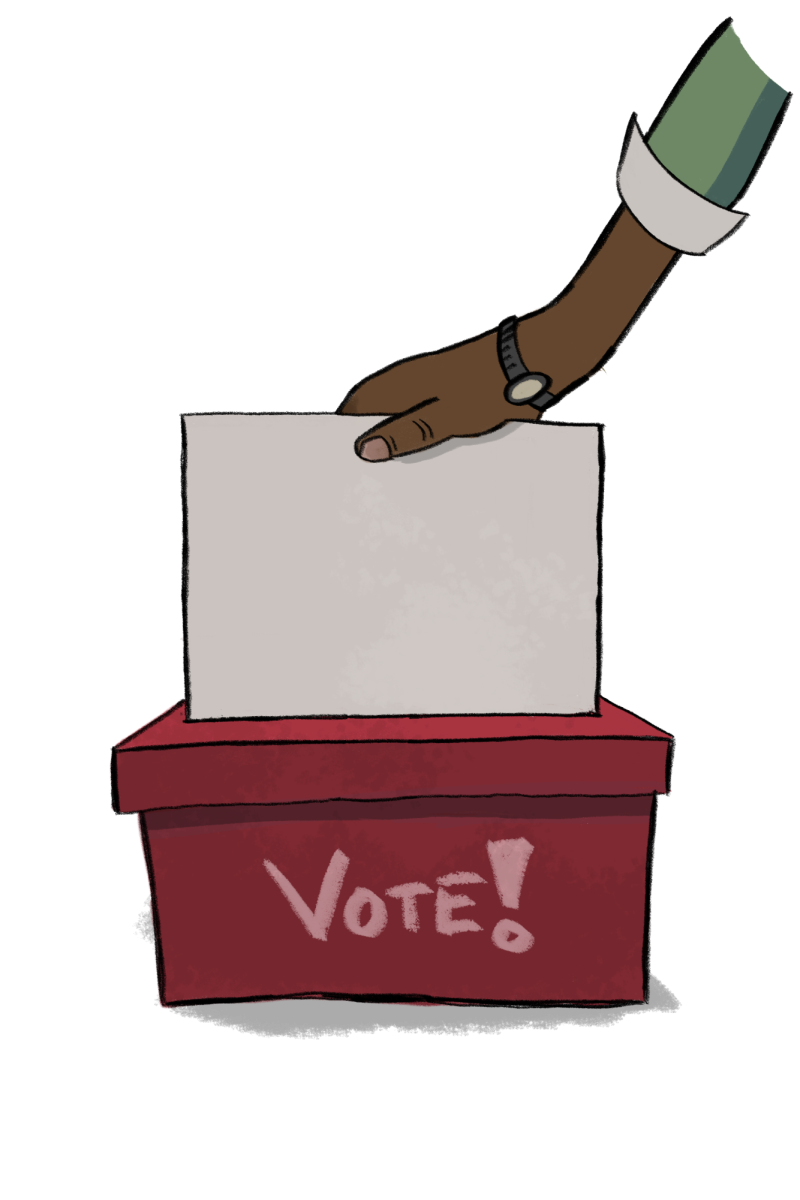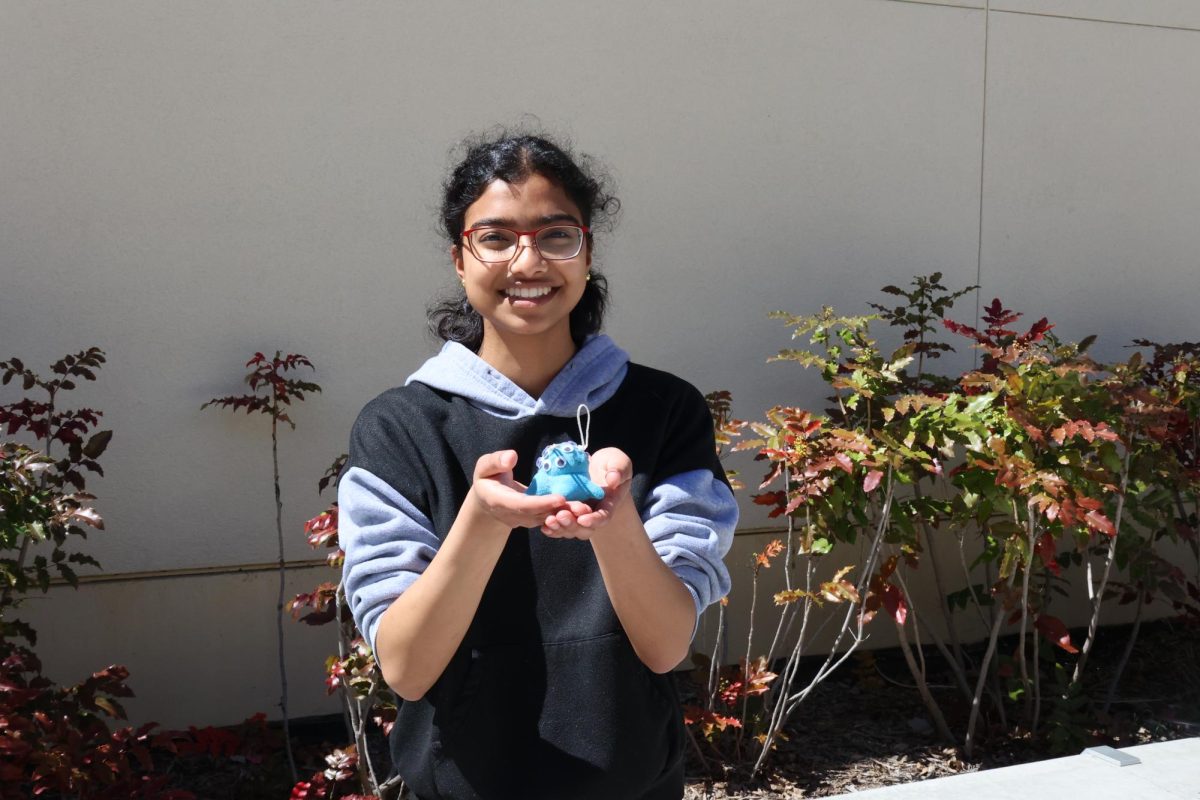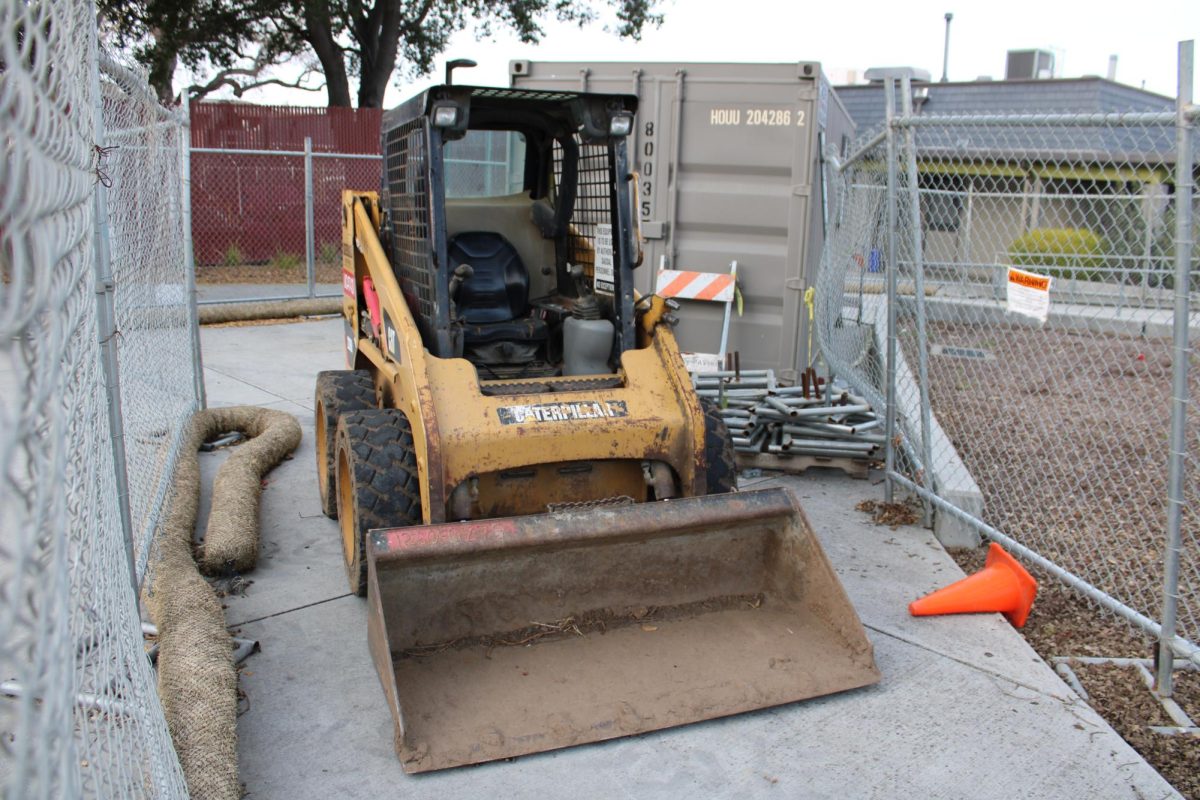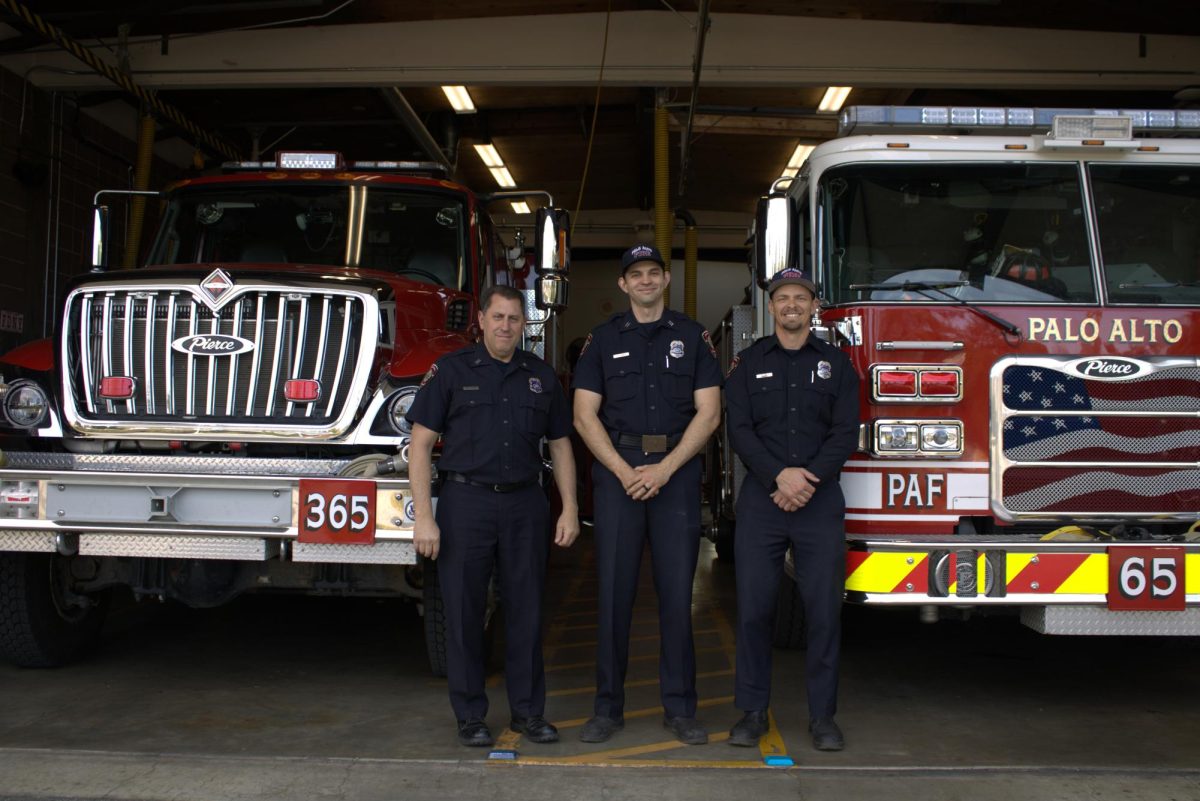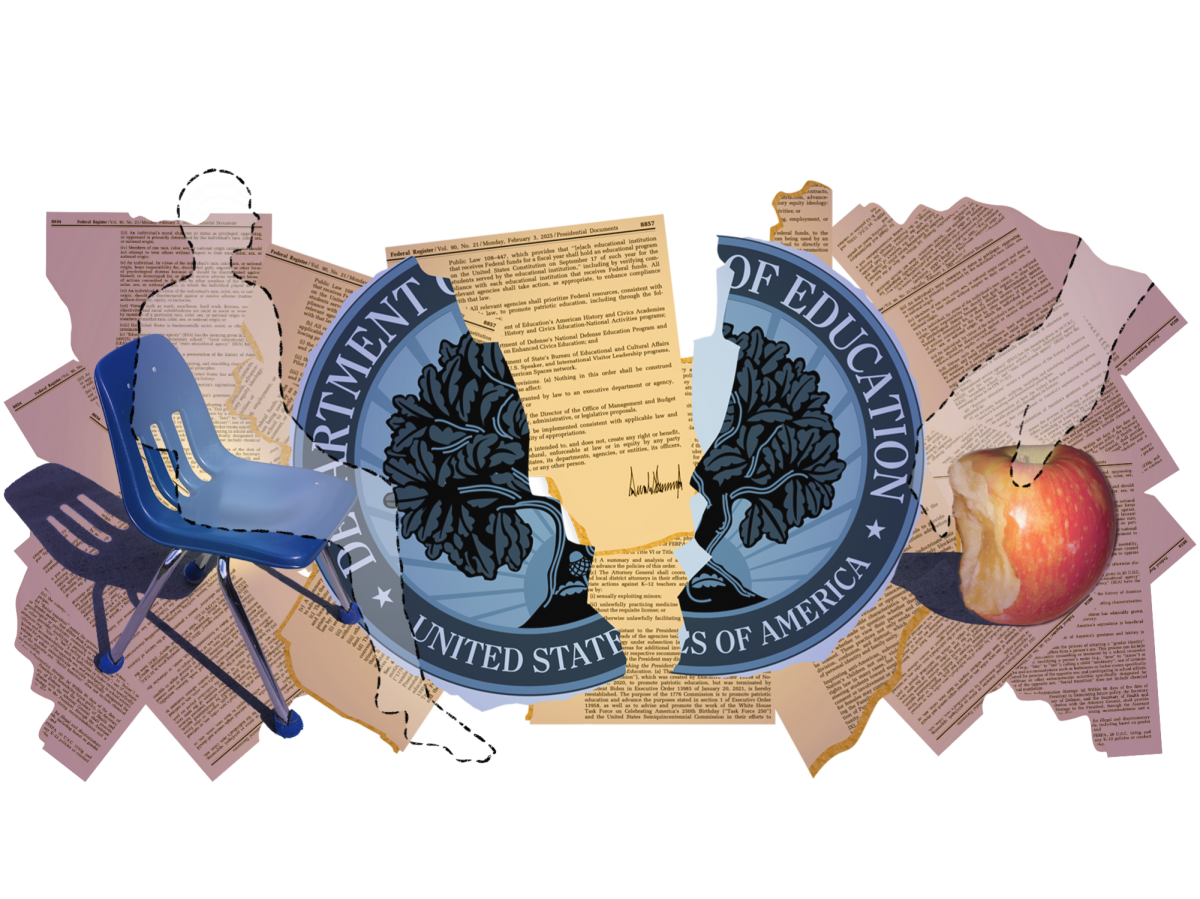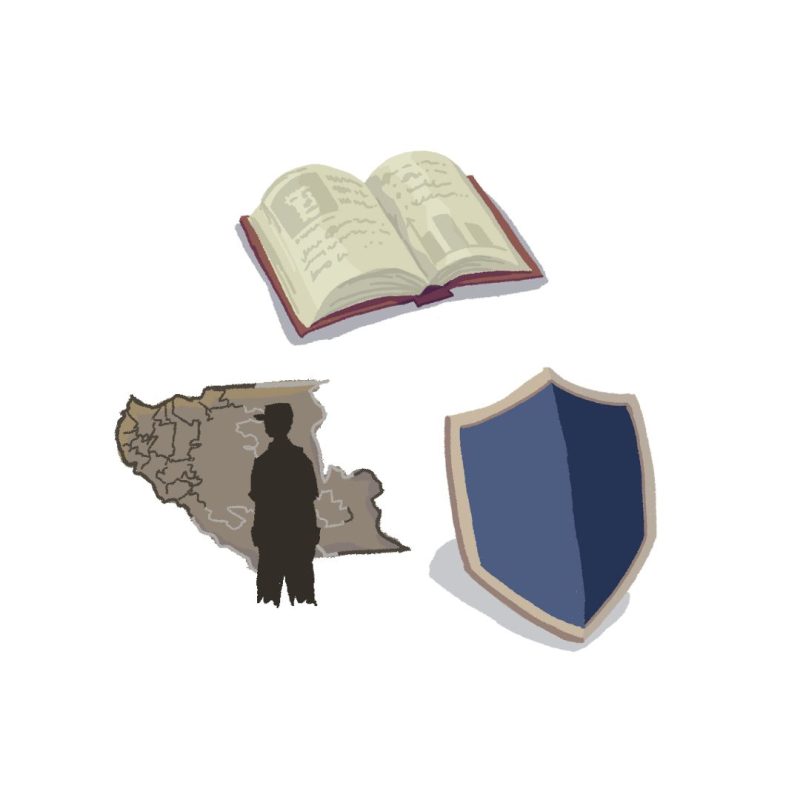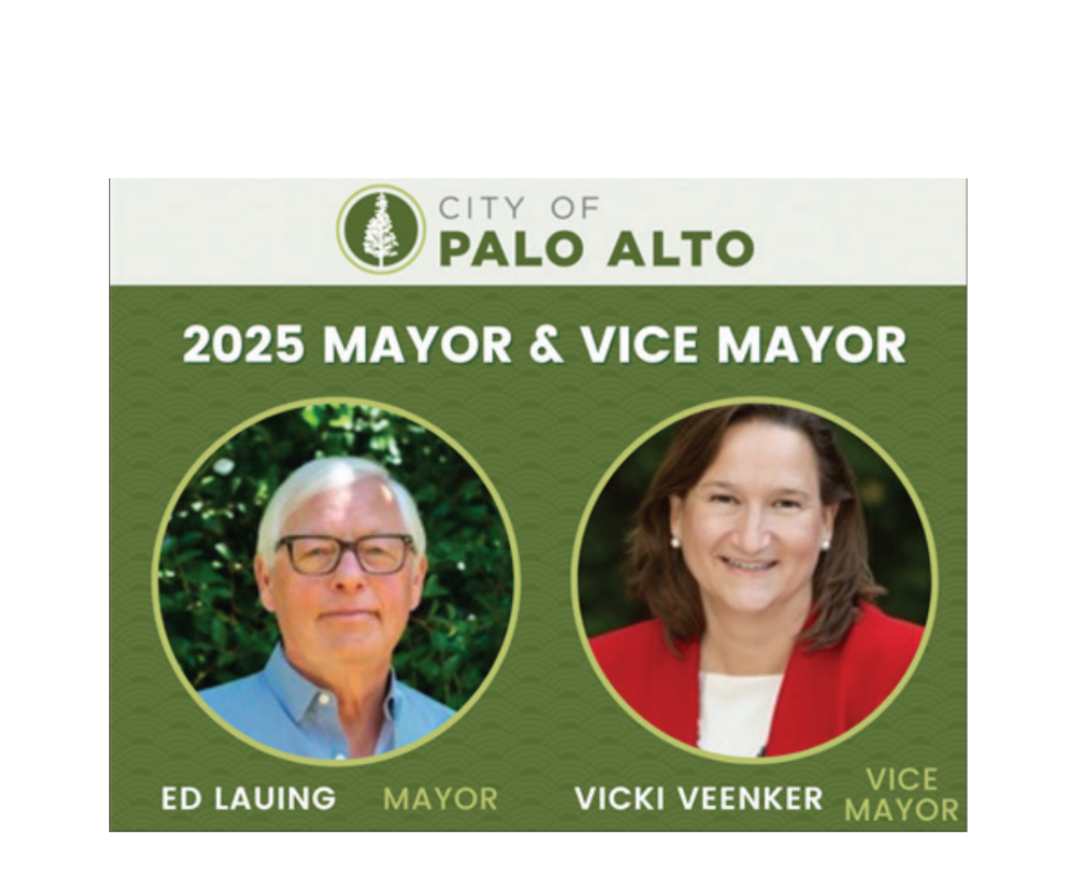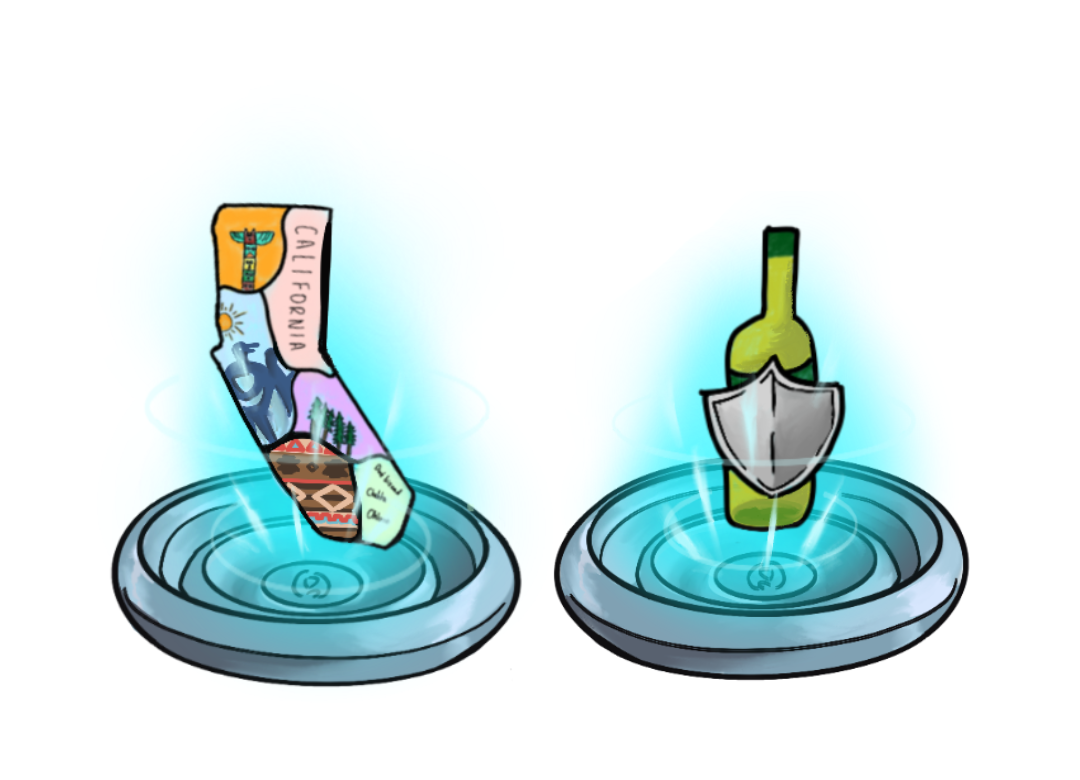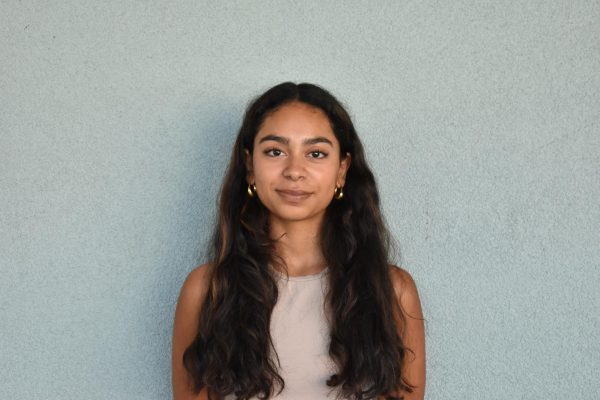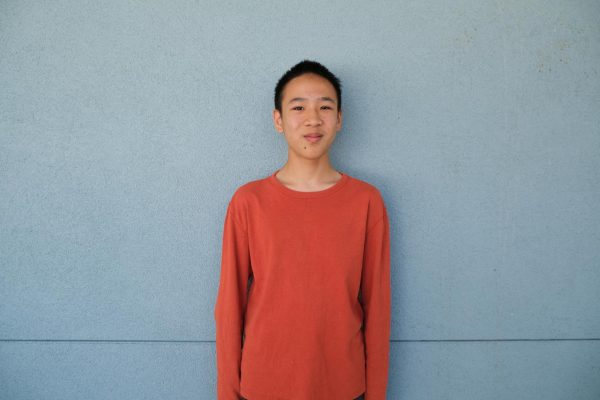During California’s Presidential Primary Election on March 5, Santa Clara County voters will select candidates for president, U.S. Congress and California State Assembly, as well as vote on Proposition 1.
Registered voters can submit their ballots by mail until March 5, or in-person at a vote center or Official Ballot Drop Box from Feb. 24 to March 5. Gunn students who are U.S. citizens and 18 and older must register for the primaries by Feb. 20.
California residents registered with a political party will be able to vote for a presidential candidate affiliated with their party, helping determine who will appear on the nationwide ballot in November. California’s primary takes place on Super Tuesday, in which 14 other states and territories also hold their primary elections. There are 23 people running across all political parties, including former president Donald Trump and President Joe Biden.
Statewide, voters are also electing U.S. senators. Four candidates are running to serve out the rest of former Sen. Dianne Feinstein’s term ending in January 2025, and 14 candidates are running for a full six-year term.
More locally, Palo Alto residents are among those voting for U.S. House representative for California’s
16th Congressional District. Current Rep. Anna Eshoo’s retirement has led to an 11-way race, with Palo Alto City Council members Julie Lythcott-Haims and Greg Tanaka running. Both candidates, alongside seven others, participated in a forum sponsored by the Embarcadero Media Foundation and City of Palo Alto on Jan. 31.
Voters will also be considering Proposition 1, which concerns behavioral health services. If passed, the proposition would allow California to sell $6.4 billion in bonds to fund housing for unhoused people with behavioral health challenges. Up to $4.4 billion of that money will be allocated to mental health care and substance abuse treatment facilities. It will also require 30% of the Behavioral Health Services Fund to be allocated to housing intervention programs, and the size of the Behavioral Health Services Oversight and Accountability Commission would increase from 16 to 27 voting members.
Civic Engagement and Education Project Club President senior Lizzy Jackson highlighted the main effects that the proposition would have on Californians: namely, decreasing homelessness and drug
addiction.
“It is really important, not just voters, to be educated on it,” she said. “If approved, (it) may directly affect local mental health services, since about $140 million will be taken from counties and given to the state,” he said.
Senior Amrit Joshi has researched and discussed the candidates with his friends, since he is considering voting in this election.
“I think voting is a really important part of American autonomy and becoming an adult,” he said. “We definitely learn to take responsibility for our actions as American citizens.”
Around 50% of eligible voters who are 18 to 29 plan to vote in the November general elections,
according to a December 2023 poll from the Institute of Politics at Harvard’s Kennedy School. U.S.
Government teacher Patricia Holmes urges teenagers to perform their civic duty once they are eligible.
“The biggest cancer to our democracy is apathy, and so young people have to get involved in being part of democracy,” she said. “Democracy is a beautiful, fragile thing that is not guaranteed to us, and I think that we should be aware of that.”
Eligible students can visit registertovote.ca.gov to register, or pre-register if they are 16 or 17. Students who are interested in getting involved with voter registration efforts can visit CEEP, a voter-registration and education effort, on Mondays at lunch in C-8.



